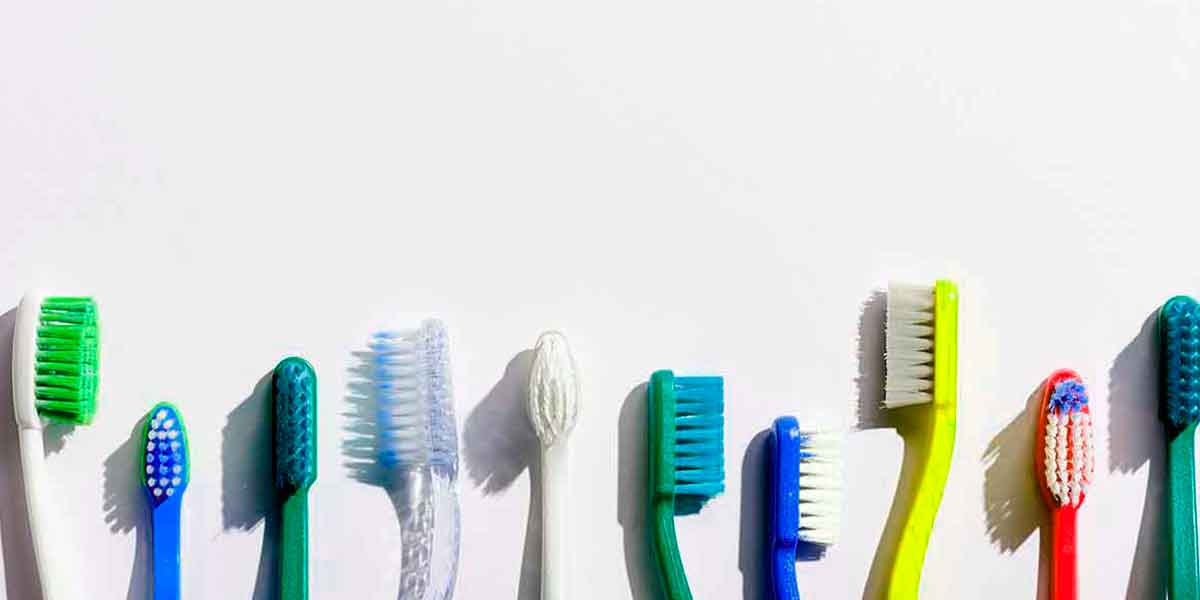Maintaining optimal oral health is crucial for overall well-being, and selecting the appropriate toothbrush plays a vital role in this process. One key factor to consider when choosing a toothbrush is the type of bristles it features. Understanding the various options available can help you make an educated decision to promote the health of your teeth and gums.
Importance of Toothbrush Bristle Type
Different types of toothbrush bristles cater to specific dental requirements, ensuring effective plaque removal and gum disease prevention without causing harm. Let’s delve into the primary categories of toothbrush bristles on the market today.
Soft Bristles
Dentists commonly recommend soft bristles due to their gentle nature on gums and enamel, making them suitable for most individuals, especially those with sensitivity issues. Soft bristles excel in plaque and food particle removal without causing any irritation or damage.
Advantages of Soft Bristles
- Gentle on gums and enamel
- Effective plaque removal
- Ideal for sensitive teeth
Medium Bristles
Slightly firmer than soft bristles, medium bristles offer a more thorough cleaning experience, making them ideal for individuals without gum sensitivity seeking a deeper clean. However, excessive use of medium bristles can lead to irritation.
Advantages of Medium Bristles
- Thorough cleaning
- Effective against stubborn plaque
Hard Bristles
Designed for intense cleaning, hard bristles are the firmest type available. While they effectively remove plaque and stains, they can also harm gums and enamel if not used cautiously. Dentists typically advise against daily use of hard bristles due to the potential for damage.
Advantages of Hard Bristles
- Effective plaque and stain removal
Disadvantages of Hard Bristles
- Potential gum irritation and enamel wear
- Not recommended for daily use
Specialty Toothbrush Bristles
Apart from the standard soft, medium, and hard bristles, specialty bristles tailored to specific dental needs are also accessible. These innovative bristles often combine different materials or shapes to deliver targeted benefits.
Ultra-Soft Bristles
Even gentler than standard soft bristles, ultra-soft bristles are perfect for individuals with extremely sensitive gums or those recovering from dental procedures. They ensure a gentle yet effective cleaning process.
Advantages of Ultra-Soft Bristles
- Extra gentle on gums
- Ideal for post-surgery dental care
Charcoal-Infused Bristles
Charcoal-infused bristles offer additional whitening benefits by removing surface stains and potentially providing antibacterial properties for enhanced oral hygiene.
Advantages of Charcoal-Infused Bristles
- Surface stain removal
- Potential antibacterial benefits
Silicone Bristles
A recent addition to the toothbrush market, silicone bristles are soft, flexible, and durable, offering gentle cleaning while being easy to maintain.
Advantages of Silicone Bristles
- Gentle and flexible
- Durable and easy to clean
Selecting the Ideal Toothbrush Bristle for You
When choosing a toothbrush, consider your specific dental requirements and preferences. Here are some guidelines to assist you in selecting the right bristle type:
- Opt for soft or ultra-soft bristles if you have sensitivity concerns.
- Medium bristles are suitable for a thorough clean without gum sensitivity.
- Avoid hard bristles unless recommended by your dentist.
- Explore specialty bristles like charcoal-infused or silicone for added benefits.
In Conclusion
Understanding the diverse range of toothbrush bristles is crucial for enhancing your oral hygiene routine. Whether you opt for soft bristles for sensitivity or medium bristles for a deep clean, selecting the appropriate toothbrush bristle type is vital for maintaining healthy teeth and gums. Consult with your dental professional to determine the most suitable option for your needs and ensure optimal oral care.




